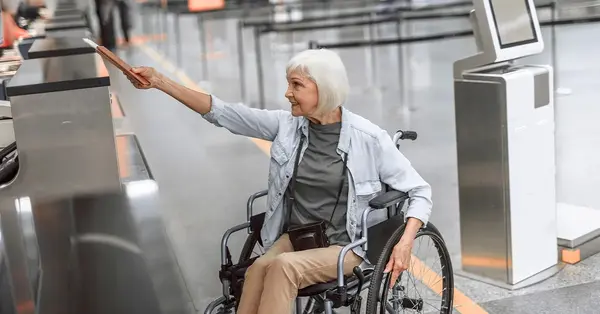You are viewing 1 of your 2 free articles
EU Covid-19 certificate Q&A
The European Parliament approved EU plans for a ‘digital green certificate’ or ‘EU Covid-19 certificate’ last week.
This would show a holder’s Covid status, confirming they had been fully vaccinated or had an up-to-date negative Covid test result or had recovered from a Covid-19 infection.
In statement, MEPs said: “The European Parliament supports the creation of an EU Covid-19 certificate to ensure people can travel within Europe without having to quarantine or undergo more tests, or face discrimination if they have not been vaccinated.”
MEPs voted on the proposals on April 29 and began negotiations began on May 3 on finalising details of the certificate “with a view to reaching an agreement ahead of the summer tourist season”.
The parliament published the following Q&A to explain its position:
Why do we need such a certificate?
To restore freedom of movement within the European Union, EU governments asked the European Commission to draft a proposal that would allow travel with a reduced risk of spreading the Covid-19 virus.
A uniform certificate should become commonly accepted as proof in all EU member states and replace diverging national measures currently imposed on cross-border travellers.
Will this certificate be obligatory to travel?
No. No one will be obliged to use the EU certificate.
What will the certificate be called?
The European Commission proposed calling it the ‘Digital Green Certificate’. The European Parliament proposes to call it simply an ‘EU COVID-19 certificate’.
Is the certificate a “vaccine passport”?
No. The EU Covid-19 certificate would not be a travel document nor a precondition for travel. It aims to make it easier for people to cross European internal borders without facing additional travel restrictions (such as quarantine) if a person has been vaccinated, has a recent negative test or if they recently recovered from Covid-19.
Will I face discrimination if I am not vaccinated?
No. The EU covid-19 certificate would attest to a person’s vaccination status or a recent negative Covid-19 test result or proof that a person recently recovered from Covid-19.
How much do I have to pay for the certificate?
Nothing – the certificate would be free of charge. MEPs want Covid-19 testing to also be free and easily accessible in all member states.
Which vaccines will be recognised?
The EU Covid-19 certificate would store proof of any vaccine that has been approved by the European Medicines Agency. The European Parliament says member states should also accept entry based on certificates of any other vaccines that have been listed for emergency use by the World Health Organisation.
How long will this certificate exist?
The European Parliament supports use of the certificates for 12 months. Any proposal to extend their use beyond 12 months would be based on a new legislative proposal from the Commission and after a thorough assessment of the impact on free movement, fundamental rights and non-discrimination as well as the evolution of the epidemiological situation.
What if I don’t have a smartphone?
The certificate would be available in digital and paper format.
Where would my data be stored?
There will be no central EU database containing medical data. Everyone’s rights over their data would be protected in line with the EU’s strict General Data Protection Rules.
The European Parliament is asking to make it possible to verify data offline. The issuer (country A) should not be informed when a certificate holder presents a certificate for verification (country B).
A separate certificate should be issued for each vaccination, test or recovery and no history of previous certificates should be stored on the certificate itself.


















